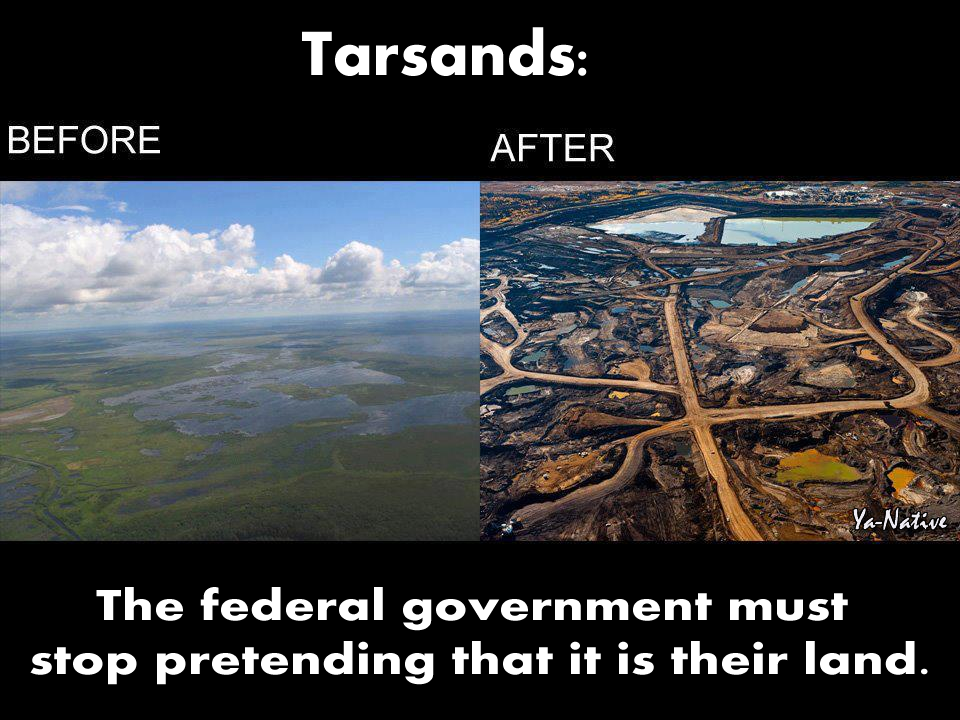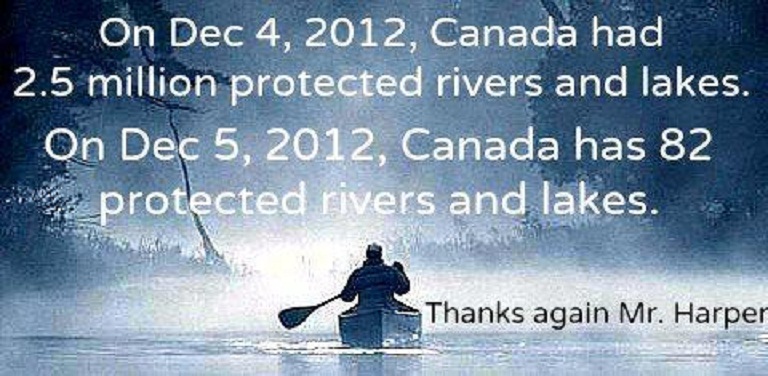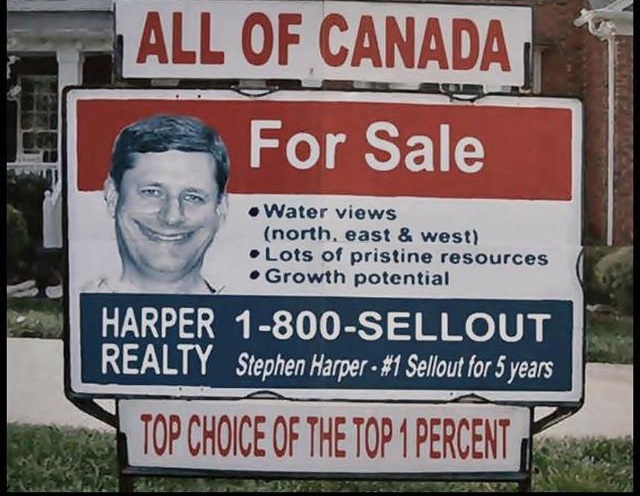
Born in Toronto in 1959, Stephen Harper earned his bachelor's and master's degrees in economics at the University of Calgary. Following multiple terms in the House of Commons, he became prime minister of Canada in 2006. Harper has been a proponent of lower taxes and an enlarged military, his standing strengthened when his Conservative Party earned a majority in the 2011 federal election.
Early Life
Stephen Harper was born on April 30, 1959, in Toronto, Canada. In high school, Harper joined the Young Liberals Club, which turned out to be just the beginning of a politically active life. After graduating, Harper moved to Alberta and worked in the petroleum industry, before jumping into the political world for good in 1985 as the executive assistant to Calgary’s Progressive Conservative MP Jim Hawkes.
Harper attended the University of Calgary, where he received both a bachelor’s degree (1985) and a master’s degree (1991) in economics. By 1986, Harper had become disillusioned with the political landscape, in large part due to the region's seemingly diminished importance in relation to national affairs. That year, he left Hawkes's side, and the following year he was involved in the founding of a new political party to address his and others’ concerns, the socially conservative Reform Party of Canada.
Political Rise
With a career focused on politics and public policy analysis, Harper moved up the ranks of the party, and in 1993, he was elected to the Canadian House of Commons as a Reform Party candidate.
After a falling out with Reform leader Preston Manning, Harper decided not to seek reelection in the 1997 race, and he eventually took the reins of the National Citizens Coalition, a right-wing lobbyist group. The Coalition was based on a philosophical foundation of low taxes and free-market capitalism, and also opposed the Canadian government's response to the separatist movement in Quebec. In the face of a favorable political landscape, Harper resigned as president of the Coalition in the summer of 2001 and soon declared his candidacy to lead the Canadian Alliance Party, the successor to the Reform Party.
Victory in the winter election ensued, and in early 2002, Harper headed to Parliament under the Alliance Party banner. Just a few years later, the political winds had shifted again, and the Alliance Party merged with the Progressive Conservative Party to form the new Conservative Party, of which Harper took the leadership position in 2004.
Prime Minister Harper
As a Conservative candidate, and with a minority government, Harper was sworn in as Canada's 22nd prime minister in February 2006. He has proven a staunch proponent of laissez-faire capitalism, smaller government and social conservatism, the last of which has become more pronounced in recent years.
The neo-conservative mindset of the Harper administration has also focused on reducing taxes, enlarging the military and securing Arctic waters for their energy resources.
In 2011, Harper's administration was found to be in contempt of Parliament for having withheld information and other offenses, and a general election was called for May 2. Harper came out the other side with a majority government (166 seats), his position more secure than before the forced election.
Harper and his wife, Laureen, have two children, Rachel and Benjamin.

